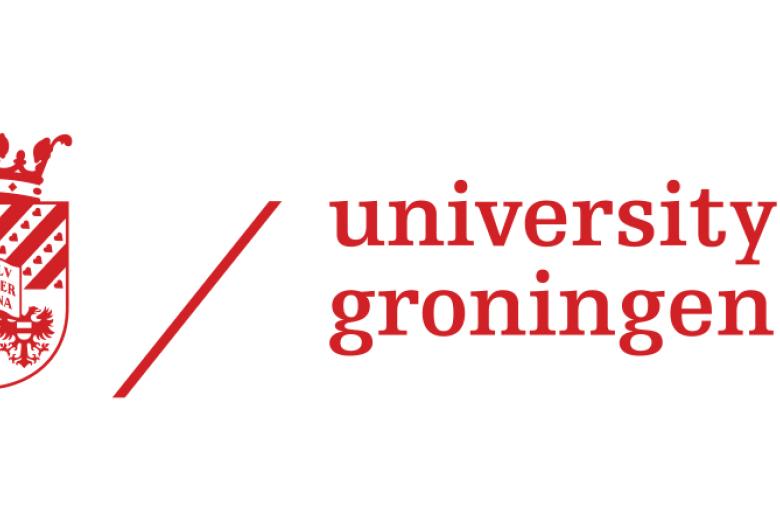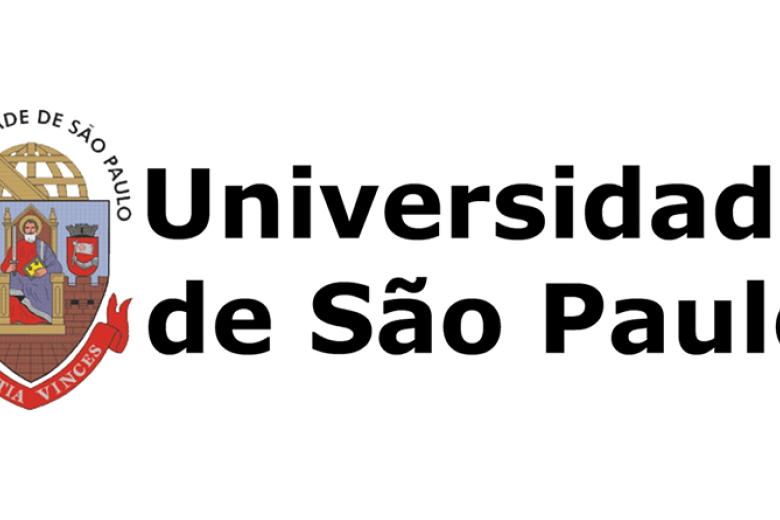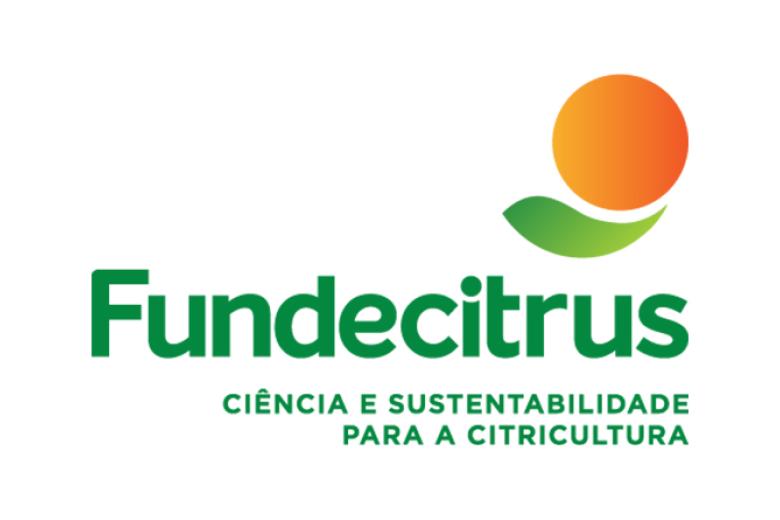Sustainable citriculture through controlled release of antibacterial molecules from microgel-based formulations
The aim of this research project is the development of the bio-based and sustainable protection systems for citrus trees. Specifically, we will focus on the fabrication of stimuli-responsive microgels capable of strong binding to the leaves and controlled release of antibacterial molecules to combat citrus cancer.
The controlled release of antibacterial molecules from microgels will be activated by environmental triggers (humidity, light, enzymes, etc.) allowing dosage-controlled, precise and efficient deactivation of bacteria. Biomass-derived building blocks (polysaccharides) used for the microgel synthesis will ensure complete degradation under field conditions reducing considerably the environmental impact compared to currently used copper-based formulations. The up-scaling of the microgel formulation production will enable field tests to validate the efficacy of new citrus protection technology under real application conditions. The life cycle assessment of microgel formulations, the systematic evaluation of the environmental and economic impact as well as the analysis of the societal acceptance will provide a foundation for the transfer of the new technology into different areas of the agricultural market. Our research program is based on interdisciplinary research contributing to practical solutions for the production of biomass-derived building blocks for the bio-based plant protection systems and sustainable agriculture of the future.
Focus
The specific focus of this proposal will cover following aspects.
We will synthese and optimize of the chemical structure of antibacterial molecules for efficient binding to microgels and long-term stability. Performing MIC assays, we will determine antibacterial efficacy of compounds under various conditions. We will perform the analysis of the metagenomes from soil treated with antibacterial molecules to determine what the effects of the various compounds are on the soil microbiome. In addition, we will conduct assessment of biodegradation and ecotoxicity of the antibacterial molecules and microgels including degradation tests and ecotoxicity assays (germination tests, cytotoxicity and genotoxicity assays).
We plan to optimize the extraction and up-scaling of biopolymers production for large-scale microgel synthesis. Microgel carriers for antimicrobial molecules will be synthesized using biopolymer building blocks. Here we will focus on the chemical modification of biopolymers (chitosan) and their use as building blocks for the microgel synthesis; development of efficient methods for controlled loading of microgels with antibacterial molecules (gallates, dihydroxybenzoates, eugenol); analytical characterization of microgels loaded with active molecules; the investigation of the release of antibacterial molecules from microgels; and the optimization of the microgel formulations.
The evaluation of antimicrobial efficiency of microgel formulations will be performed by growth inhibitory analysis. In addition, we will determine the toxicity to honeybees and perform acute phytotoxicity tests, green-house pathogenicity tests, plant physiology analyses and defensive fixation test. Rain simulation within green-house will be used to verify if and how well the microgels/compounds can be fixed on leaves.
Life cycle assessment/market analysis will be performed to build the Life Cycle Inventory for the environmental (health/economic) impact assessments as well as the Life Cycle Impact Assessment in an iterative approach with the project partners. Comparative Life Cycle Assessment of the environmental and health impact of formulated product that will be developed within this project and the currently used copper-based formulations in a cradle-to-gate approach. The market analysis will also include an analysis of social impacts relevant for stakeholders like governments and farmers.
To address the challenging scientific and societal questions we designed a multi‐level (laboratory/greenhouse/field/farm) approach and selected multidisciplinary (natural sciences, chemical engineering and bio-economy sciences) consortium in order to arrive at such comprehensive solutions.
Research questions
The research questions we address in this research proposal are:
- How to use efficiently biomass-derived building blocks (polysaccharides) for the synthesis of microgels with tailored structure and ability to encapsulate antibacterial molecules?
- Is it possible to stimulate the controlled release of antibacterial molecules from microgels by environmental triggers to ensure efficient pest deactivation and reduction of environmental pollution?
- Can micro gel-based formulations be upscaled for efficient use in field trials?
- Is new citrus plant protection technology efficient in field applications compared to the standard copper-based formulations?
- What is the environmental and economic impact of the microgel-based formulations?
- What is the societal acceptability of new technology in the agricultural sector?
Consortium members
- D.-J. Scheffers, University of Groningen (project coordinator, NL)

- Y. van der Meer, Maastricht University
- A. Pich, Maastricht University

- H. Ferreira, University Estadual Paulista (project coordinator, BR)

- M. Brienzo, University of Sao Paolo

- F. Behlau, Fundecitrus
